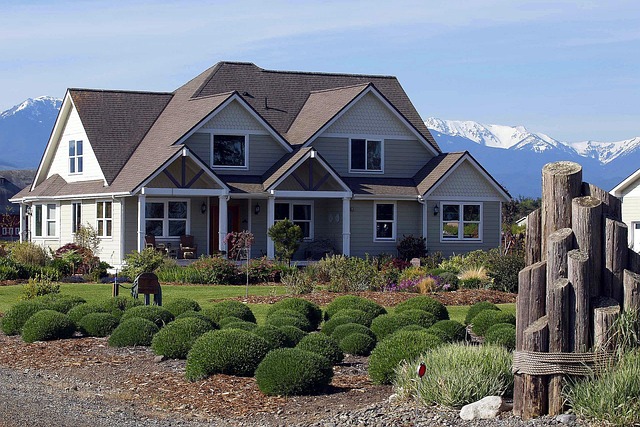As we traverse the delicate balance of our ecosystems, the impacts of deforestation extend far beyond the loss of trees and wildlife; they seep into the very quality of life we experience. The deterioration of quality of life resulting from deforestation is a silent crisis that affects us all, manifesting in ways we often overlook.
Imagine a vibrant forest, teeming with life, where the air is rich with oxygen and the sound of chirping birds fills your ears. This ecosystem provides not just habitats for countless species but also plays a crucial role in regulating our climate. However, with rampant deforestation, these vital forests are being cut down at alarming rates, leading to devastating consequences. The environment suffers as carbon emissions soar, leading to climate change—a phenomenon that causes erratic weather patterns, extreme temperatures, and natural disasters.
Climate change is not just an environmental issue; it’s a human one. The deterioration of quality of life becomes evident as we witness extreme weather events that lead to displacement, food scarcity, and health crises. Communities that once relied on forest resources for their livelihoods find themselves struggling amidst barren landscapes. The loss of biodiversity due to deforestation leads to a decline in ecosystem services such as clean water supply and pollination, further exacerbating the struggles faced by vulnerable populations.
In urban areas, the effects are no less pronounced. As forests disappear, the heat island effect intensifies, causing city temperatures to elevate dangerously. This not only makes the urban experience uncomfortable but threatens public health, particularly for the elderly and those with pre-existing conditions. The air quality deteriorates, leading to respiratory issues and increased healthcare costs.
Furthermore, the social fabric of communities is disrupted. As people migrate in search of better living conditions due to the changes brought about by deforestation and climate change, cultural ties are severed, and social networks weakened. This fragmentation contributes to greater mental health struggles, marking another layer in the ongoing deterioration of quality of life.
It is critical to recognize that the deterioration of quality of life stemming from deforestation is interconnected with our actions. Each of us has the power to advocate for sustainable practices that protect our forests. By supporting reforestation initiatives, promoting responsible consumption, and raising awareness about the impacts of deforestation, we can collectively work towards a more stable environment and, by extension, a better quality of life for all.
Our planet, our home, is pleading for attention. The silent crisis of deforestation requires us to listen actively and act decisively. The well-being of our future generations depends on the choices we make today. Let’s foster a relationship with nature that nurtures rather than depletes, ensuring that we all enjoy a quality of life that is rich, vibrant, and sustainable.




